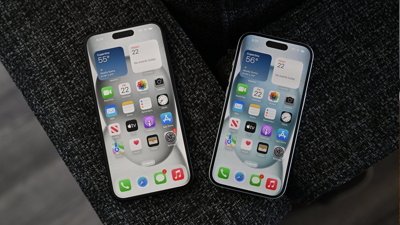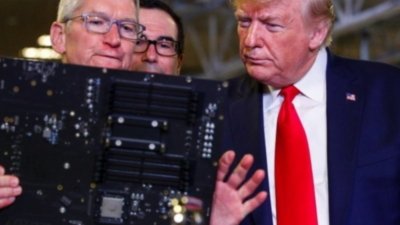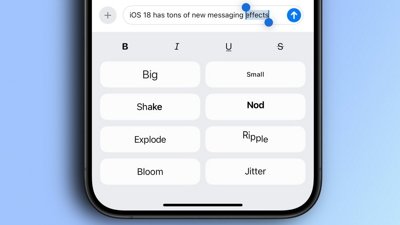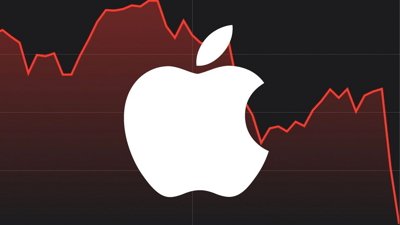After publicly advertising the idea that Windows PCs are cheaper than Macs in its "Laptop Hunter" ads, Microsoft CEO Steve Ballmer told an audience of financial analysts that the company's attempts to cut prices of Windows to induce demand in emerging markets had failed over the previous year, and that the solution to the company's woes will be to increase the price of computers.
"The theory was wrong," Ballmer said, explaining that there wasn't enough new demand to make up for the drop in profits. "You’ll see us address the theory. We’re going to readjust those prices north [using Windows 7]."
Reporting on the event, Peter Burrows of BusinessWeek wrote, "the company’s goal is to raise PC prices in the next year. That’s due both to expected popularity of a new class of higher-end and higher-priced netbooks, a new pricing strategy around Windows 7 that the company hopes will result in far more upgrades to premium SKUs, and a reversal of a strategy in the last year to cut prices to spur demand in emerging countries."
Lower competition, higher prices
The netbook segment of the PC market, introduced by a line of low cost, simplified mini-notebook models Acer debuted running Ubuntu Linux, captured the attention of PC sellers during Windows Vista's first year. The emergence of the new devices priced in the ballpark of $300 caught Microsoft off guard, and helped spoil the launch fireworks of Vista because the new operating system wasn't capable of running on the new stripped down machines.
Microsoft worked to eradicate Linux netbooks by pushing its PC partners to license Windows XP for next to nothing. This did nothing for Vista, but did result in the company being able to advertise that the new netbook category was still dominated by Windows. Moving forward, the capacity of netbooks to run Windows 7, which will not be offered for free, has been a major issue for Microsoft and its PC partners.
However, based on Ballmer's own comments, the ability of netbooks to run Windows 7 will involve both a redefinition of what a netbook is and a change in pricing, because Microsoft does not want to continue making lower and lower margins on the PC operating system software business it monopolizes.
Ballmer laughs off Apple gains
Burrows' report also noted that Ballmer laughed off the number of financial analysts in the room using Apple laptops. “We have low share in the investor community. I see a lot of Apple logos,†Ballmer said. “Don’t bother to hide them. I’ve already counted them. And it’s okay, feel free [to use them], so long as you’re running Office.â€
Ballmer called Apple as a “fine company†doing well with a low-volume, high-price strategy, but claimed Microsoft hasn't lost market share to Apple over the past year, and that any changes in reported share numbers are just “a rounding error.†Share gains by Apple "cost us nothing," Ballmer said. "Hopefully, we’ll take share back from Apple. But they still sell only 10 million PCs a year, so it’s a limited opportunity."
Somewhat ironically, Microsoft has also been trumpeting its own tiny market share gains with its renamed search engine, despite having actually lost market share in the search business over the past few years. Additionally, Microsoft's gains have come out of the hide of Yahoo, which it hopes to team up with as a parter to take on Google.
 Prince McLean
Prince McLean
-m.jpg)






 William Gallagher
William Gallagher
 Malcolm Owen
Malcolm Owen


 Oliver Haslam
Oliver Haslam
 Amber Neely
Amber Neely
 Marko Zivkovic and Mike Wuerthele
Marko Zivkovic and Mike Wuerthele










127 Comments
the fad will go away, even with the small screen i'll take my iphone over a netbook any day.
Burrows' report also noted that Ballmer laughed off the number of financial analysts in the room using Apple laptops. ?We have low share in the investor community. I see a lot of Apple logos,? Ballmer said. ?Don?t bother to hide them. I?ve already counted them. And it?s okay, feel free [to use them], so long as you?re running Office.?
To which the investors turned their laptops around to expose to Ballmer that they are using Apple's iWork!
Not for anything, but the "next to nothing pricing" was clearly ruled anti-competitive in the whole Netscape debacle, wasn't it? Oh well.
I thought Windows was the working man's OS. Ballmer wants to stiff the working man now?
I'm not sure why Microsoft thinks that it now owns the netbook market, when it doesn't even offer a version of Windows for ARM. What's more, Intel is planning to sell the entire widget with netbooks running Atom and Mobiln, and Google will come out with Chrome OS.
Unless I'm missing something. Has Microsoft signed exclusive agreements with the netbook makers to distribute only Windows? What's in it for them if they can't threaten to install Linux on them.